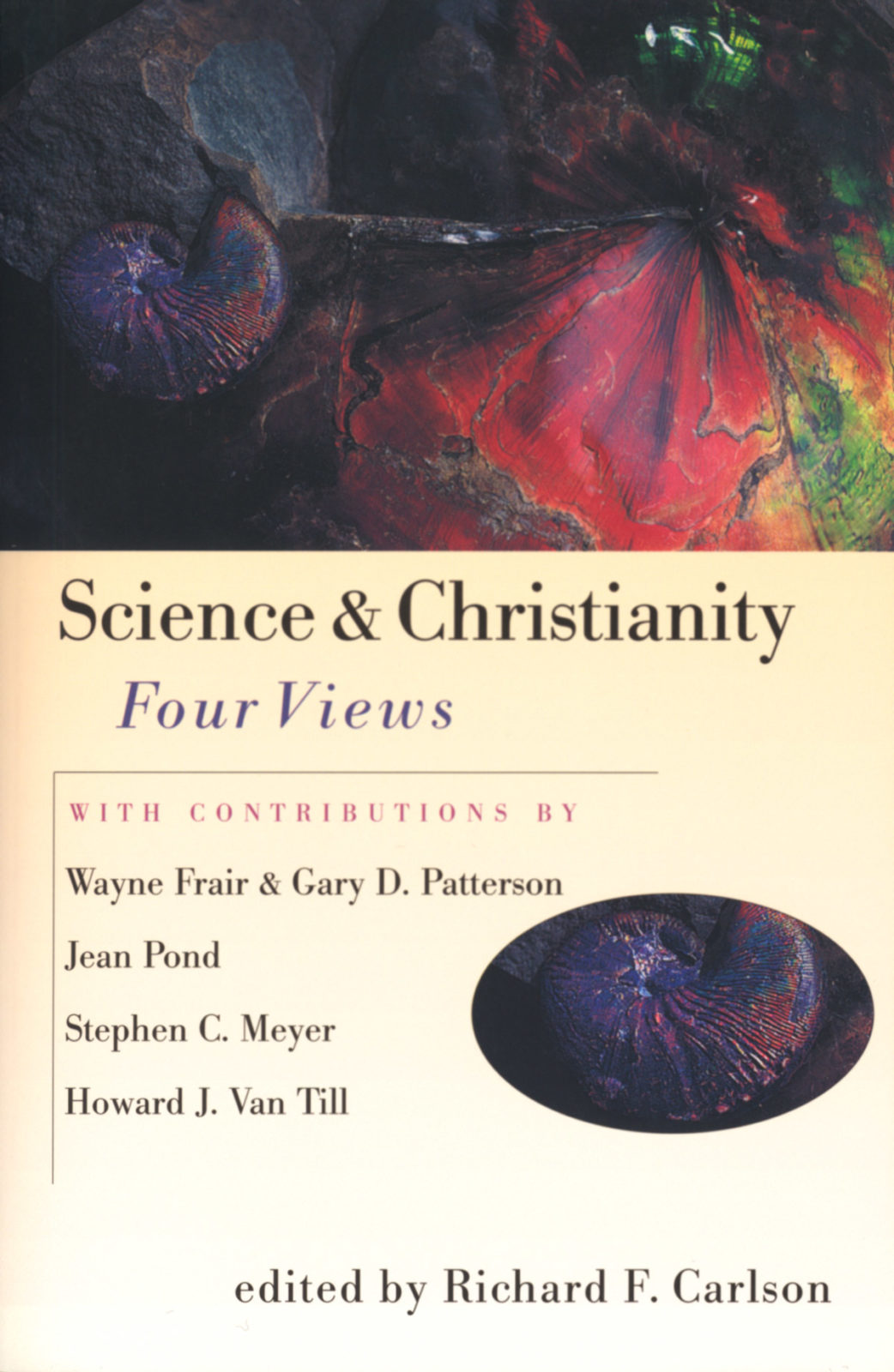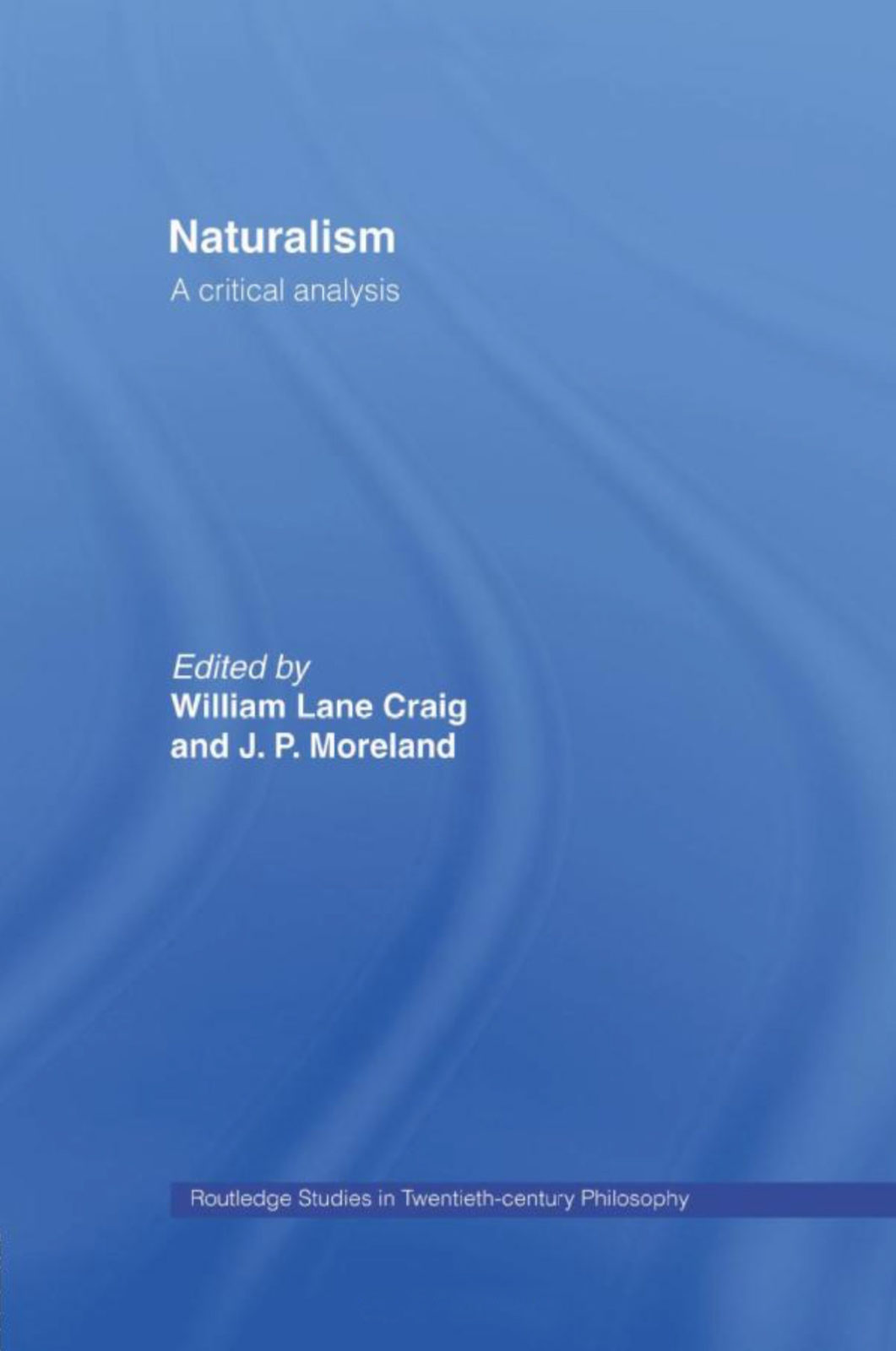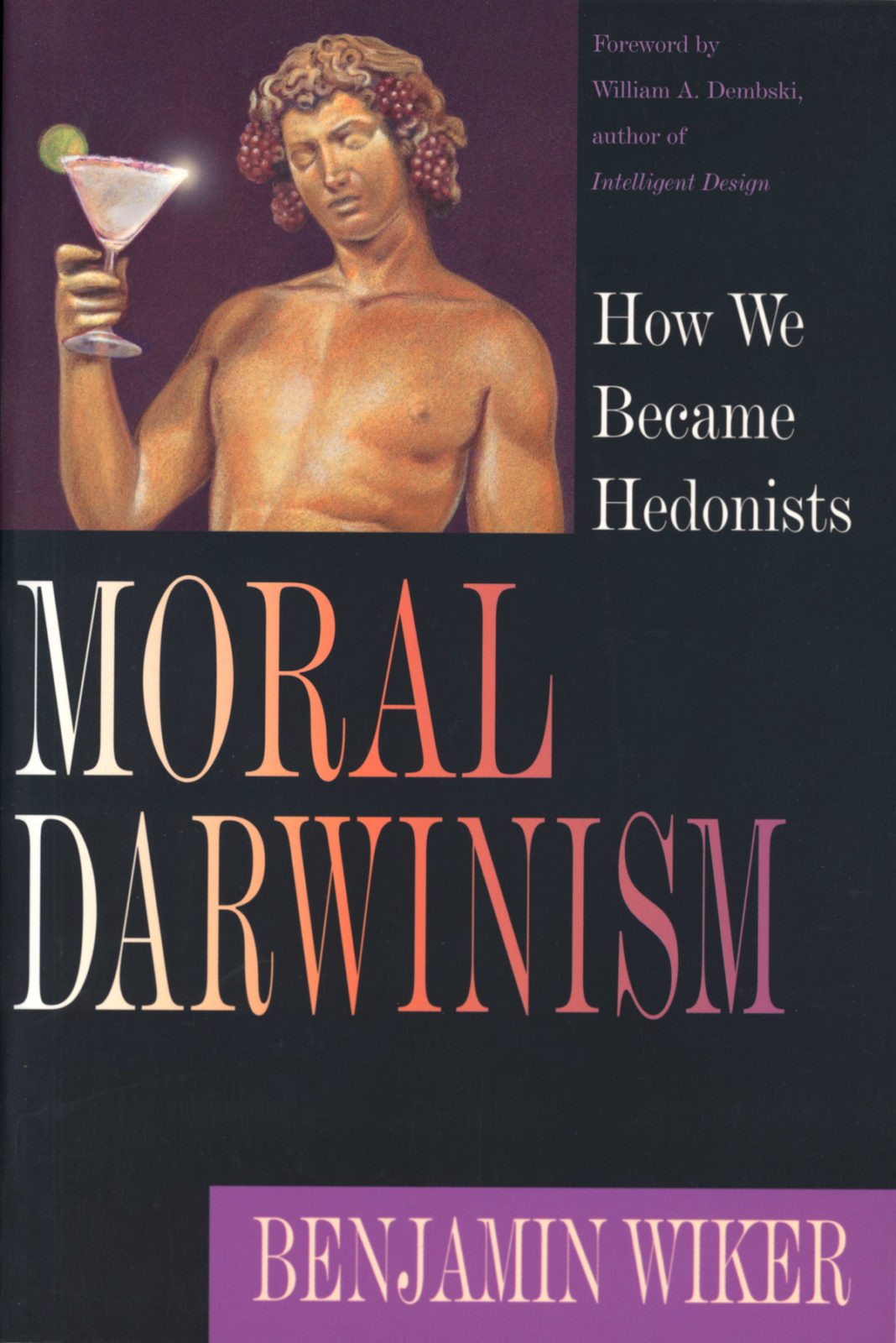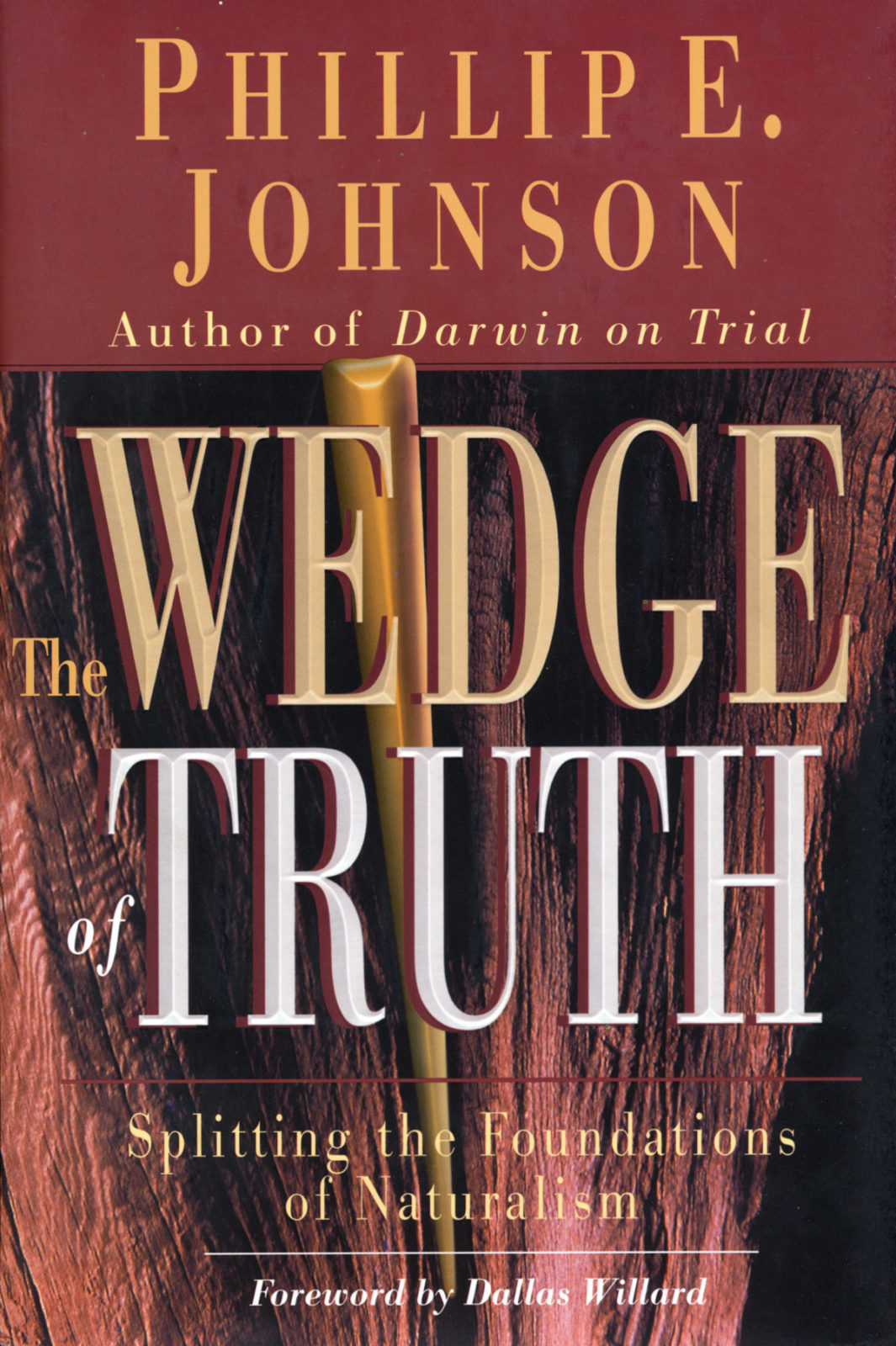
Science’s Blind Spot
In law, one who sells a product in a defective condition unreasonably dangerous to the user is held strictly liable for the physical harm to the injured party. One way for the injured party to win a case is to successfully argue that there is a design defect in the product. Put another way, the plaintiff is entitled to damages Read More ›







